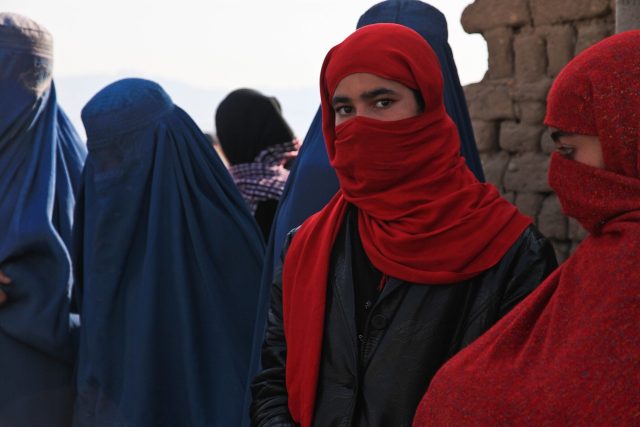The Independent Commission for the Study of Child Sexual Abuse in the Portuguese Catholic Church Monday reported that at least 4,812 children have been sexually abused by members of the Portuguese Catholic Church since 1950. The commission, established by the Portuguese Episcopal Conference (PEC), acknowledged on Tuesday that this figure is the “tip of the iceberg.”The report stated, “the 512 direct victims in this study lead us to at least another 4,300 and, if we reflect that abuse in the vast majority of cases took place on more than one occasion against the same child, to many thousands of instances of abuse.” 27.5 percent of those questioned said the abuse had gone on for more than a year, and 57.2 percent said it had occurred multiple times. The abuser was male in 96.9 percent of cases, a priest in 77 percent of cases, and well acquainted with the victim in 46.7 percent of cases.Based on the report, more boys experienced sexual abuse in this context than girls. Boys account for 57.2 percent of all cases, while girls account for 42.2 percent. The victims’ average age is 11.2 years. The commission found abuse in 129 districts across the country, with Lisbon, Porto, Braga, Santarém and Aveiro having the highest rates of abuse. These incidents occurred in seminaries, confessionals, rectories and religious schools, with a relatively high number of cases occurring outside of church, such as at boy scout events.Notably, the commission discovered that no action was taken to stop the abuser in 65.8 percent of cases, and the majority of the abusers are still serving in the church. Furthermore, only 4.3 percent of victims had their cases adjudicated. The victims gave various reasons for speaking out during the interviews. The primary reason that the victims alluded to was PEC’s establishment of the independent commission to investigate sexual abuse cases.The commission recommended several changes in its report, including adopting the “zero tolerance” policy Pope Francis proposed. Furthermore, the report advocated for a more active church and civil society better suited to dealing with sexual abuse claims quickly.
Opinions expressed in JURIST Commentary are the sole responsibility of the author and do not necessarily reflect the views of JURIST’s editors, staff, donors or the University of Pittsburgh.




The Most Read
Сryptocurrencies
Bitcoin and Altcoins Trading Near Make-or-Break Levels
Financial crimes
Thieves targeted crypto execs and threatened their families in wide-ranging scheme
Financial crimes
Visa Warning: Hackers Ramp Up Card Stealing Attacks At Gas Stations
News
Capitalism is having an identity crisis – but it is still the best system
Uncategorized
The 73-year-old Vietnamese refugee is responsible for bringing Sriracha to American consumers
Uncategorized
Electric Truckmaker Rivian, Backed By Amazon, Ford, Raises Whopping $1.3 Billion